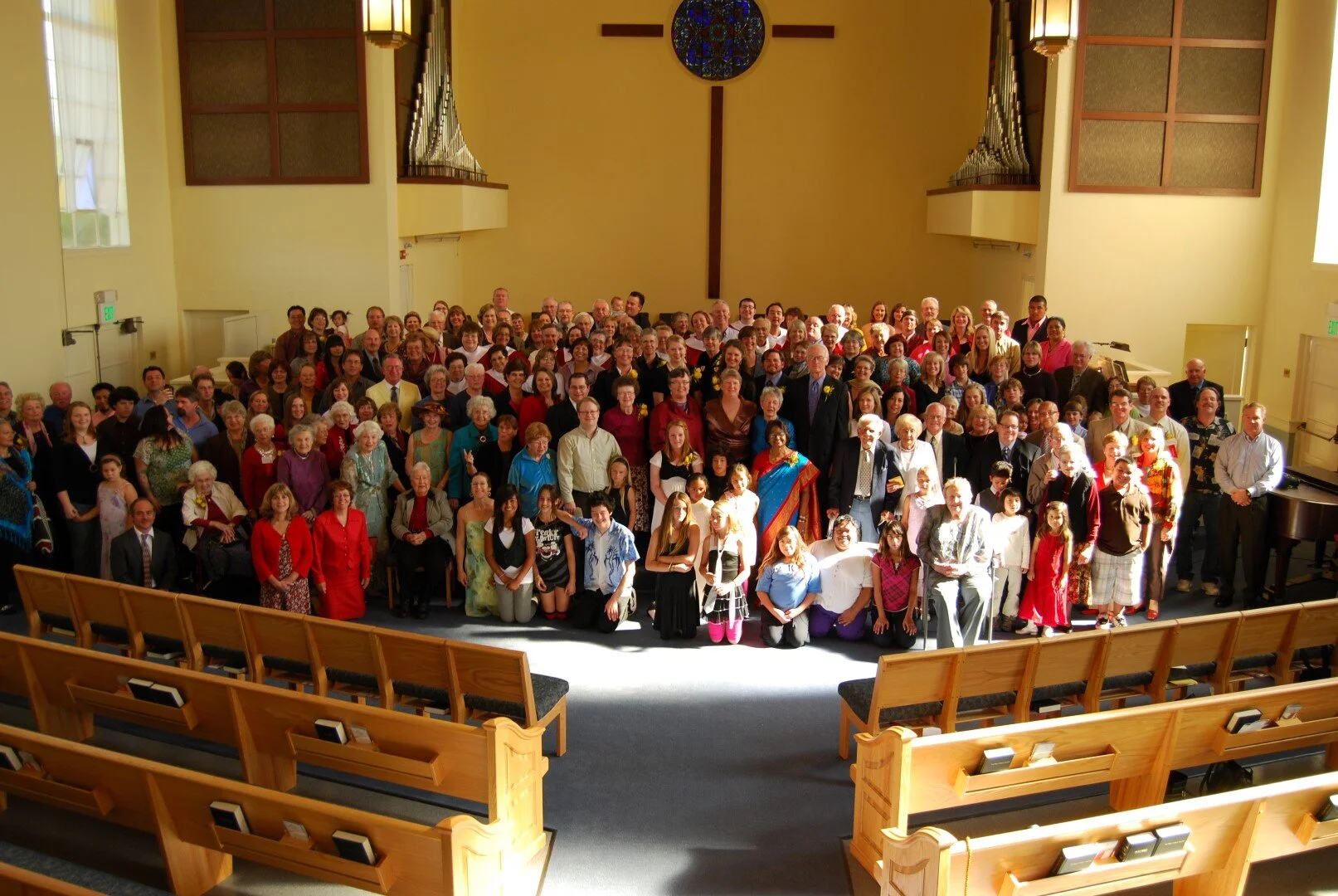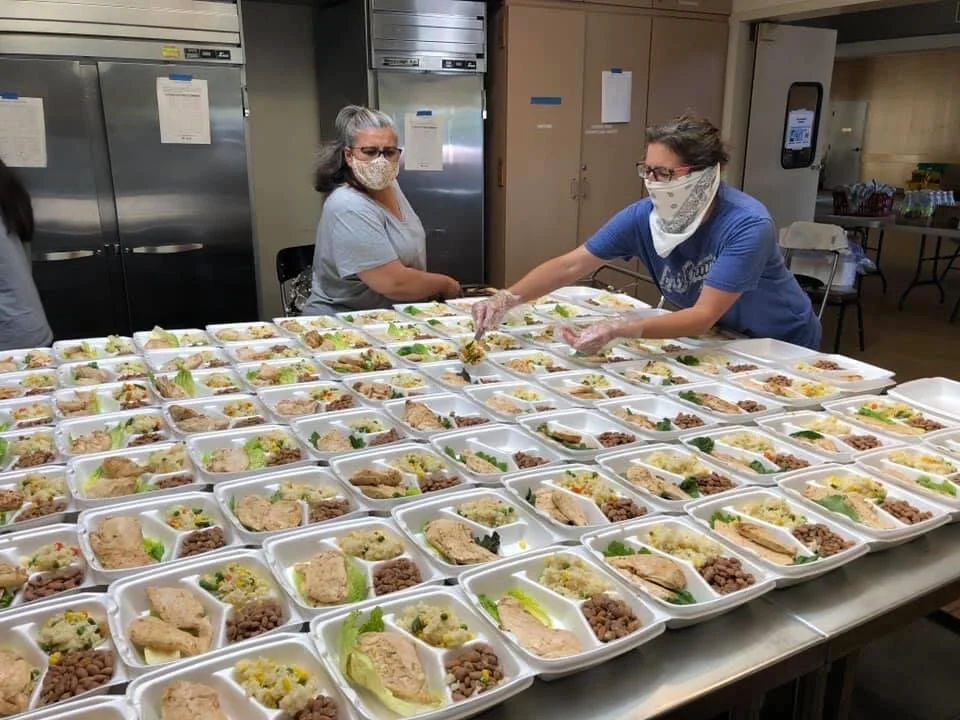On Wednesday morning, I woke up coughing around 4 am to the distinct smell of smoke drifting through our house. Having experienced a house fire when I was 12 and having lived through the Oakland firestorm of 1991, I was up like a shot to sniff out every door and window, to check the news, and to close the windows.
It was agony to imagine what another week of excessive heat was going to be like with closed windows.
After months of the outdoors being our only respite from sheltering in place, we’ve been driven indoors by the heat and now, this, our ability to cool the house at night was being taken away.
For months now, and especially this week with the heat and smoke, I’ve been feeling a bit like the other 11 disciples in today’s scripture reading must have felt when Peter stood up in the boat in the middle of a storm and attempted to get off and actually walk on water.
Think about it: in the most placid of waters, the most dangerous moment for any boat, canoe, kayak, sailboat with more than one person is that moment when someone decides to stand up, get off, dive off, or disembark. I was once in a sailing class where the entire class was flunked and told to sign up for another class because we couldn’t properly handle what we should do when an idiot diving off the boat caused it to keel over. More than once, Lia and I exhausted ourselves trying to right our kayak after one of us did a crazy disembark at Lake Tahoe.
Of course, for the eleven disciples, the boat situation and Peter’s decision to disembark was much worse than anything I’ve encountered.
Look at what’s happening from their perspective: they had already had a tough day. After listening to him teach for hours, Jesus had commanded them to feed a crowd of over 5,000 people with just five loaves and two fishes. It worked out okay but it was stressful and scary.
Then Jesus had taken them to the shore and gone off by himself to pray. They had boarded a boat and headed across the sea of Galilee, but found themselves helpless in the middle of an overnight storm with wild wind buffeting their boat here and there.
When Jesus came walking toward them, they rightly thought he was a ghost rather than their teacher, a situation that Peter decided would be best rectified by asking for supernatural proof in the form of his being able to walk on water just like Jesus.
I’m sorry if I sound a little irritated by Peter, but for heaven’s sake, if we’re in a boat, in a storm, looking at what could potentially be a ghost, it isn’t exactly the best time for someone to stand up, get off the boat, and try walking across the water.
Read More





















